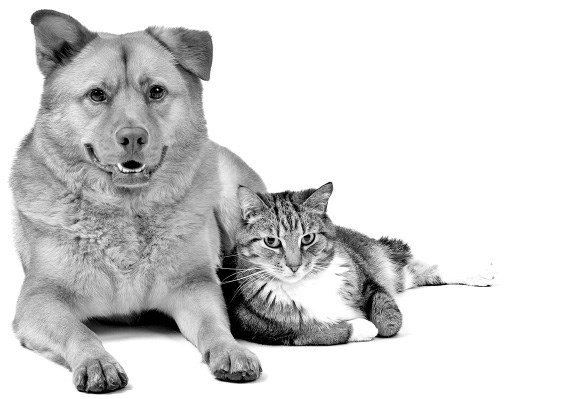The new animal control act passed by Canora town council on September 1 not only includes dogs, but all animals, including cats.
The town has been updating its bylaws for some time and during this meeting, it was decided to address a bylaw to provide for the care and control of animals, said Michael Mykytyshyn, chief administrative officer. Instead of just addressing dogs, this bylaw has been expanded to include all animals.
It states that owners of dogs, cats or dangerous animals must have the animals registered with the town through a licensing procedure. The license year for dogs, cats or dangerous animals shall be from January 1 to December 31. Owners have until February 1 of each new year to license their dogs or cats.
One big difference is that it is no longer necessary to provide proof of a rabies vaccination before acquiring a license. Council took note of the fact that more veterinarians are now saying it is not necessary to have animals vaccinated every year, said Mykytyshyn. All dogs and cats over six months of age needs to be licensed.
Owners of dogs, cats or dangerous animals are not to allow their animals to run at large within the town. No person is allowed to keep more that three dogs or cats, over the age of four months.
The animal control officer may seize and impound any dog, cat or dangerous animal observed to be at large. Any person can take an at-large animal to the town’s pound.
An animal impounded which is licensed can be collected from the pound for a period of up to 72 hours, provided the penalties and fees are paid. If an unlicensed animal is impounded, the owner must first pay the fees, the penalty and buy a license. The town may sell any animal unclaimed and if it is not sold, it can be disposed of in the most humane way possible.
Owners of cats and dogs which defecate on any property other than the owner’s, must remove the “litter.” Owners are not to allow their dogs or cats to be a nuisance. A dog is considered a nuisance by barking, howling, attempting to bite or biting anyone or any domestic animal or be involved in chasing vehicles or bicycles.
Cats are considered to create a nuisance by howling, hissing or otherwise making disruptive noises or by urinating, defecating or spraying on or otherwise damaging or interfering with any property other than the property of the owner, possessor or harbourer.
After a complaint is made and the owner notified, the owner has 48 hours to rectify the situation. In the cases where rabies is suspected, the animal is to be secured in isolation for 10 days.
No person is allowed to keep, bees, livestock, poultry or a hybrid of such animals. This bylaw provides the foundation for enforcing controls on animals, said Mykytyshyn. After a complaint is received, the person making the complaint may obtain an animal trap from the town and if an animal is caught, the town staff will look after the animal.
The town is not going to have the bylaw enforcement officer go out and catch every cat for which a complaint is made, he said. The person issuing the complaint has to take responsibility and do his or her part in capturing such animals.
In addition to this bylaw making owners responsible, those making complaints have to also take responsibility, he said. If the person making the complaint is not ready to follow up and acquire a trap from the town, nothing will happen. The town staff will not be used to capture such animals. The onus has to be placed on the person making the complaint. If the person making the complaint is not ready to take action, neither will the town.
No person shall keep an animal in an unsanitary condition within the municipality. Conditions shall be considered unsanitary where the keeping of the animal results in an accumulation of fecal matter, an odour, insect infestation or rodent attractants which endanger the health of the animal or any person, or which disturb or are likely to disturb the enjoyment, comfort or convenience of any person in or about any dwelling, office, hospital or commercial establishment.
The bylaw also allows for penalties for any person teasing an animal, enticing an animal, baiting or throwing objects at an animal confined within its owner’s property.
Any person who contravenes any of the provisions of this bylaw or neglects or fails to comply therewith or with any notice given there under shall be guilty of an offence and liable upon summary conviction to a fi ne of not more than $2,000.
According to the fees section of the bylaw, it costs $5 to license a male or female dog or any cat. The license for dangerous animals is $500. Impoundment fees are$50 for the first offence, $75 for the second offence and $100 for the third and subsequent offences. Impounding a dangerous animal costs $50 per day.
The penalty for having a cat or dog running at large is $100 for the first offence,$200 for the second and $500 for the third. The same penalty structure applies for failure to remove dog or cat excrement, or for dogs or cats creating a nuisance.
The penalty for exceeding the limit of dogs or cats per property is $100 for each animal exceeding the limit. When a dog bites, chases or causes any injury to a person or another animal or causes property damage the penalties are$500 for the first incident, $1,000 for the second and $3,000 for the third.
There is a long list of animals that are not allowed to be kept in town.




